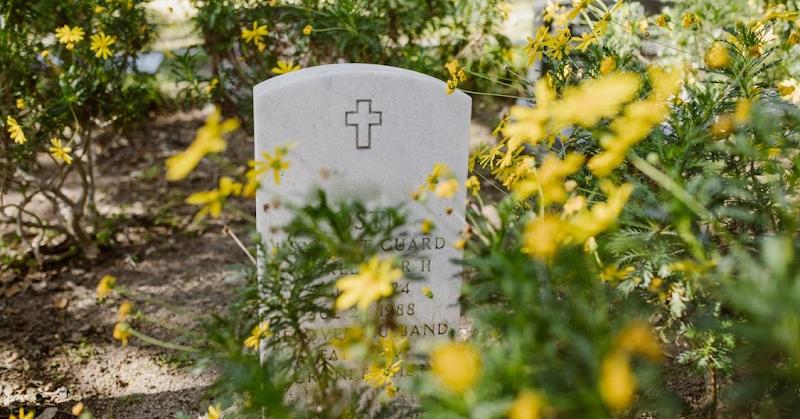Every facet of contemporary life has been impacted by technology, and the funeral business is no different. Technological advancements, including digital tributes and personalized memorialization alternatives, are dramatically changing the way we honor and remember our loved ones. This essay will examine how technology is changing the funeral business and opening up new possibilities for memorialization and memory.
Online Memorialization: Bridging the Distance with Digital Tributes:
The advent of the digital age has brought about a profound transformation in conventional funeral practices, paving the way for the emergence of online memorials as a contemporary approach to paying tribute. This modern method allows families the opportunity to create highly personalized digital memorials, which serve as platforms for compiling and sharing an array of cherished photographs, heartfelt videos, and treasured memories of their departed loved ones. These virtual spaces are designed to facilitate a global gathering of friends and family, transcending geographical boundaries, thus enabling them to collectively grieve, honor, and celebrate the life of the deceased. Digital tributes like these ensure that the essence and spirit of the departed are preserved and remain accessible for ongoing remembrance and connection, fostering a sense of continuity and communal support during times of loss. This digital evolution in memorialization reflects a significant shift towards embracing technology as a means to keep the memory of loved ones alive, offering solace and a lasting legacy in the digital realm.
Sustainable Memorial Practices:
The funeral business is undergoing a radical change as environmental awareness grows, placing a greater emphasis on and providing environmentally friendly options to customary funeral arrangements. Innovative choices like urns made specifically to allow ashes to naturally reintegrate into the earth’s ecosystem and caskets made entirely of biodegradable materials are examples of this adaption towards sustainability. Furthermore, the increasing availability of eco-friendly cremation options that drastically cut carbon emissions and green burial options that use natural processes for decomposition serve as further evidence of this shift towards ecologically responsible practices. Funeral homes are adapting to the changing needs of families who are actively looking for methods to reduce their environmental effects during their last acts of memory by incorporating these sustainable techniques. The funeral industry’s shift to sustainability is in line with society’s increasing environmental consciousness. It provides families with a heartfelt way to remember their loved ones while upholding environmentally responsible principles.
Customized Tributes through Technology:
The incorporation of advanced technology into the funeral industry marks a significant evolution in the way we pay homage to and commemorate the deceased, offering families unparalleled avenues for individualized memorialization. Utilizing a headstone engraving machine equipped with state-of-the-art laser technology, families can now customize headstones with intricate designs, poignant messages, and distinctive symbols that encapsulate the essence of their loved one’s life. This movement towards personalized memorials facilitates a profound and lasting connection to the memory of the deceased, ensuring that each tribute stands as a singular testament to the individuality of the person it honors. This innovative approach not only enhances the memorial experience but also transforms the landscape of remembrance, making it possible to celebrate the unique stories and contributions of the departed in a more intimate and impactful manner.
Innovative Memorial Experiences through VR and AR:
The funeral industry’s adoption of virtual reality (VR) and augmented reality (AR) technologies marks a significant innovation in how we commemorate and remember our loved ones. These advanced technologies facilitate immersive experiences, enabling mourners to participate in virtual cemetery tours or view memorial services remotely, offering comfort to those who cannot be physically present. Augmented reality apps further enrich this experience by allowing users to engage with digital representations overlaid on physical memorials or headstones. This integration of VR and AR into memorial practices not only overcomes geographical limitations but also offers a more interactive and personalized way to honor the deceased. By leveraging these technologies, the funeral industry provides families and friends with innovative options to celebrate the lives of their loved ones, ensuring that memories are preserved and cherished in new, meaningful ways amidst a rapidly evolving digital landscape.
Conclusion:
The funeral business is evolving along with technology. Technology is changing the way we say farewell to our loved ones. From personalized engraving machines and virtual reality experiences to eco-friendly substitutes and digital memorials, technology is changing this process. These advances guarantee that the memory of people we have lost lives in significant and profound ways, in addition to offering new opportunities for recollection.






